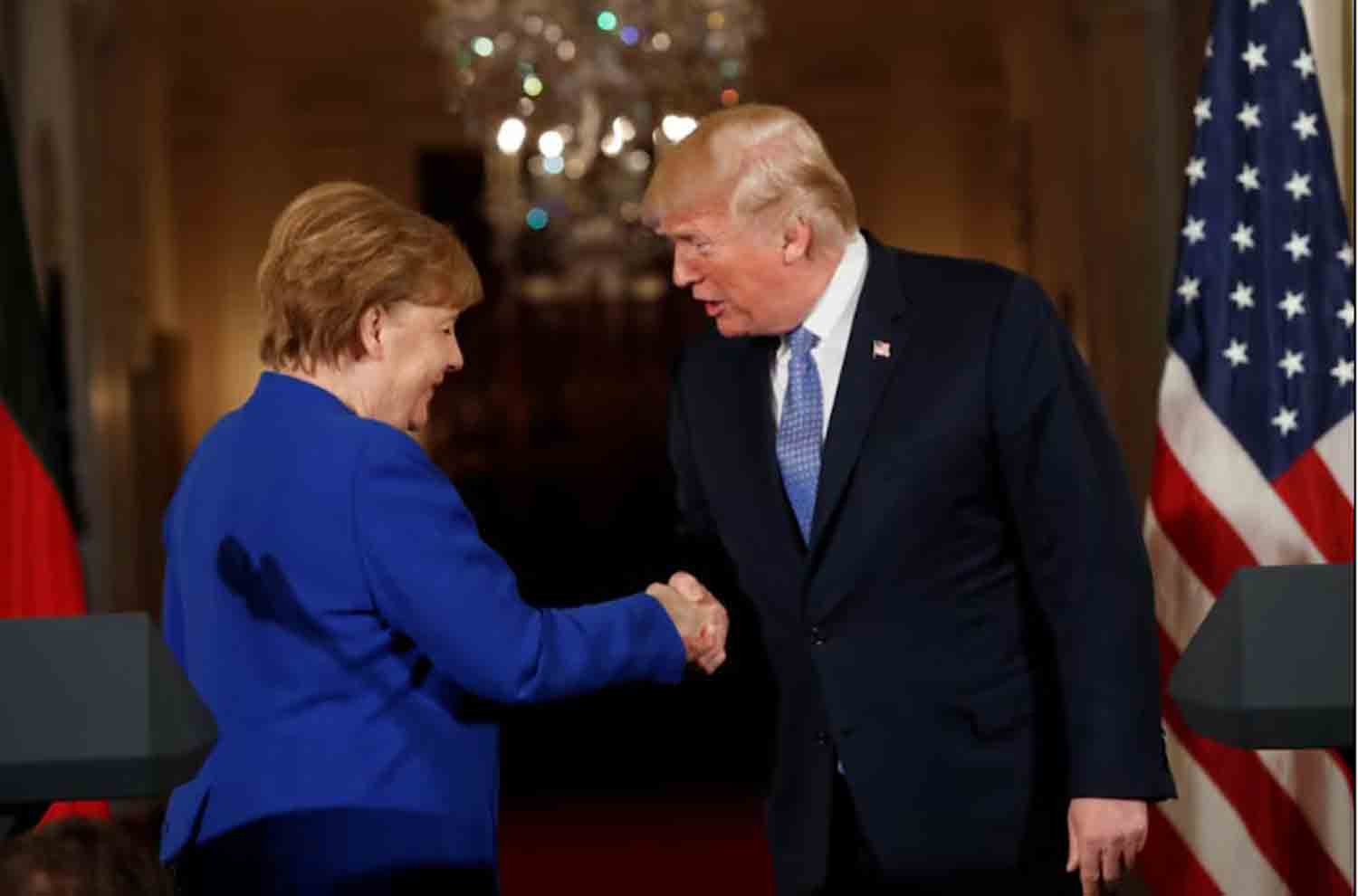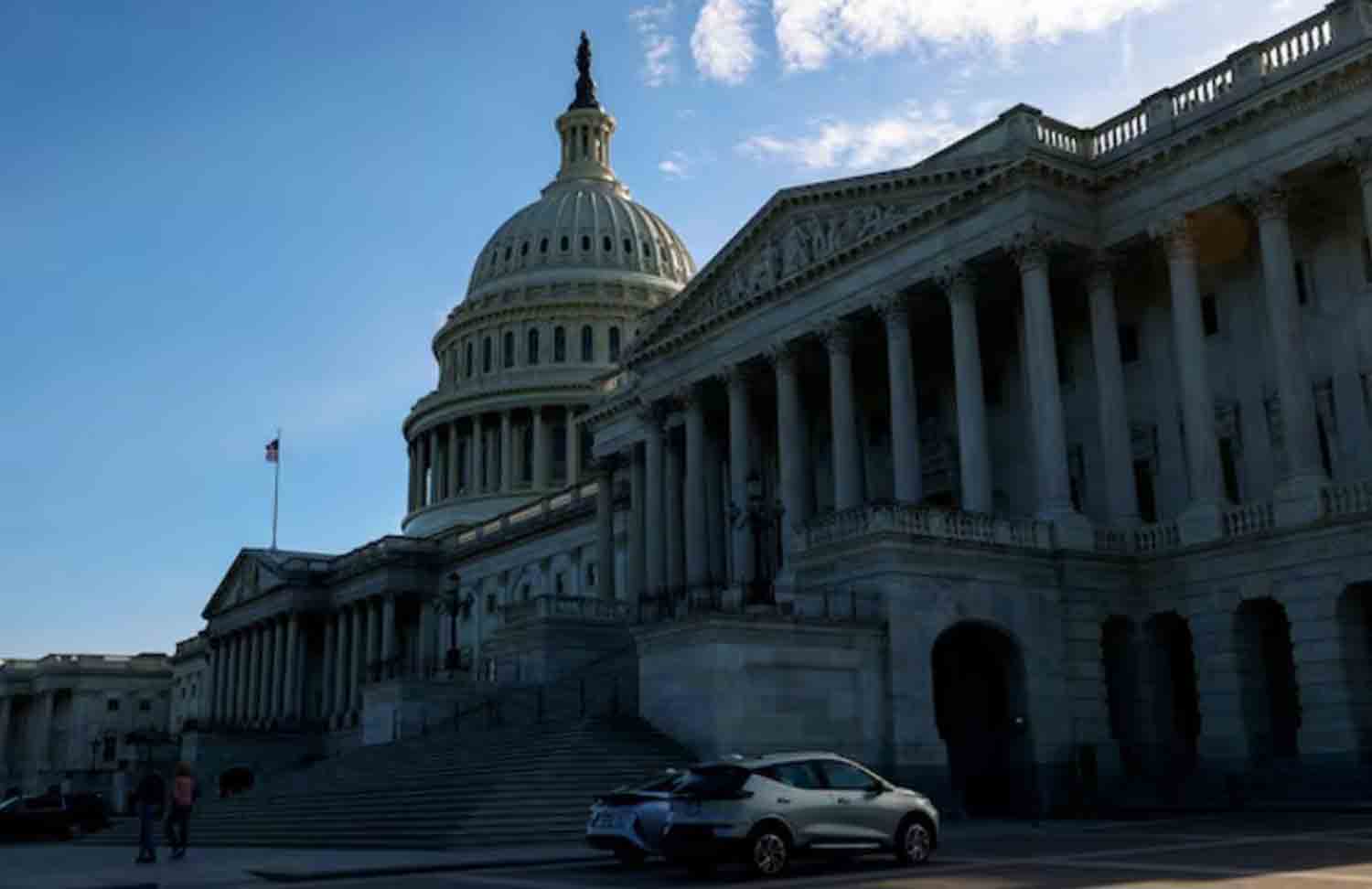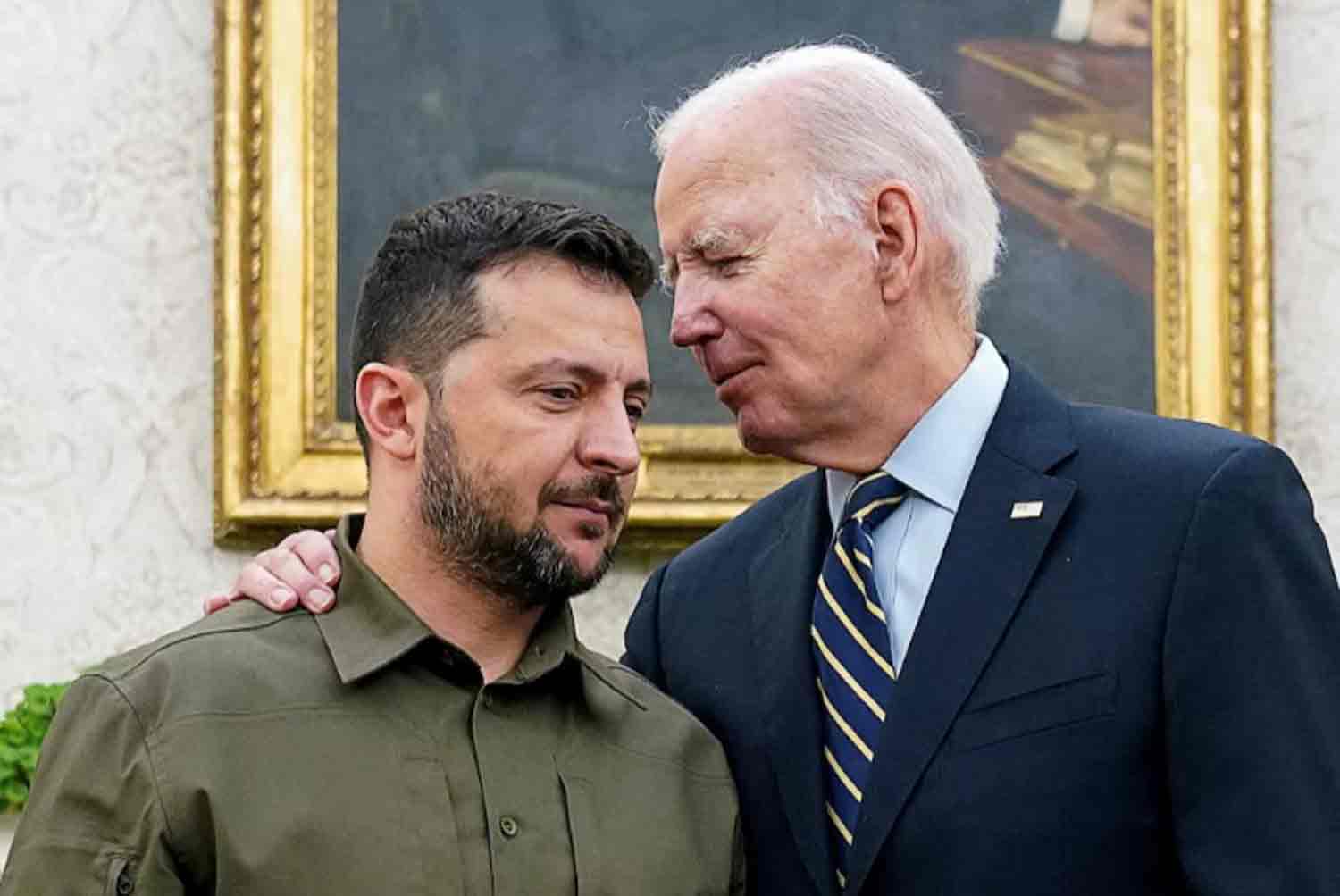Angela Merkel sought guidance from the pope regarding how to engage with Donald Trump following his election as U.S. president. She aimed to find strategies to persuade him, viewing him as someone with a property developer’s binary mindset, to remain committed to the Paris climate agreements.
In her memoir, excerpts of which were published in the German weekly Die Zeit, the former German chancellor recounted her challenges in interacting with Trump, whom she perceived as being captivated by authoritarian figures like Russian President Vladimir Putin.
“He approached everything through the lens of his previous career in real estate,” she noted. “Each piece of land could only be sold once, and if he missed the opportunity, someone else would seize it. That was his worldview.”
When Merkel sought the pope’s advice on managing relationships with individuals holding fundamentally opposing views, he quickly recognized she was alluding to Trump and his inclination to withdraw from the climate accords.
“Bend, bend, bend, but ensure it doesn’t break,” he advised her, as she recounted.
At the time Trump assumed office in 2017, Merkel was among the longest-serving elected leaders globally and the most prominent figure in the European Union, having significantly influenced Germany’s and the continent’s responses to the eurozone crisis, the COVID-19 pandemic, and Russia’s initial invasion of Ukraine in 2014.
As global concerns mounted regarding Trump’s presidency, Merkel’s composed demeanor and her consistent emphasis on principles such as freedom and human rights led some to label her the genuine “leader of the free world,” a title typically associated with U.S. presidents.
Written prior to Trump’s reelection, the book conveys a “heartfelt hope” that Vice President Kamala Harris would triumph over her opponent.
Her memoir, titled “Freedom: Memories 1954-2021,” is set to be released in over 30 countries on November 26. She will introduce the book in the U.S. a week later at an event in Washington alongside former President Barack Obama, with whom she developed a strong political rapport.
Germany’s first female Chancellor maintained her popularity among voters even after 16 years in office, yet her legacy has faced increased examination, with some attributing the significant reliance on Russian energy during her tenure to both Russia’s full-scale invasion of Ukraine in February 2022 and Germany’s current economic challenges.
Merkel has expressed no regrets regarding her policies toward Russia and has maintained a low profile since her departure from office.
In excerpts from her memoir, she reflects on her numerous interactions with Putin, portraying him as a man eager for recognition.
“I perceived him as someone who did not want to be disrespected, always on the verge of reacting aggressively,” she noted. “You might find that behavior immature and deserving of scorn, but it ensured that Russia remained a significant presence.”
At one point, she implies that Putin’s invasion of Ukraine in 2022 was strategically timed to coincide with her exit from power. “You won’t always be Chancellor, and then they’ll join NATO,” he remarked regarding Ukraine. “And I want to prevent that.”
She also pointed out that some leaders from Central and Eastern Europe had indulged in unrealistic expectations: “They seem to wish for the country to simply vanish, to cease to exist. I couldn’t fault them… But Russia, with its substantial nuclear arsenal, certainly existed.”
Discover more from Defence Talks | Defense News Hub, Military Updates, Security Insights
Subscribe to get the latest posts sent to your email.





